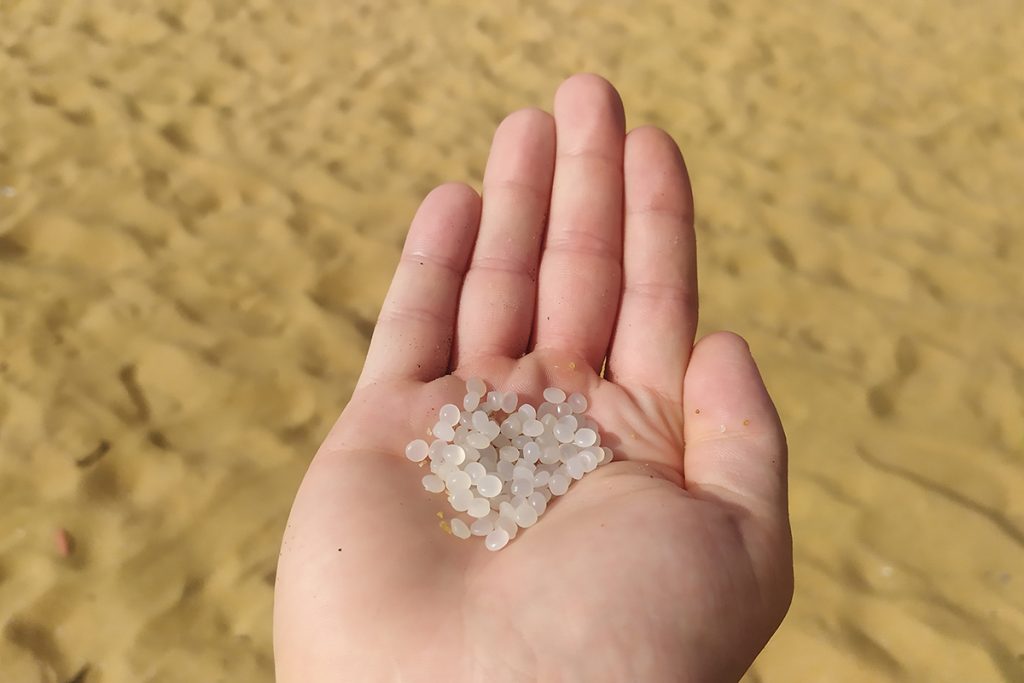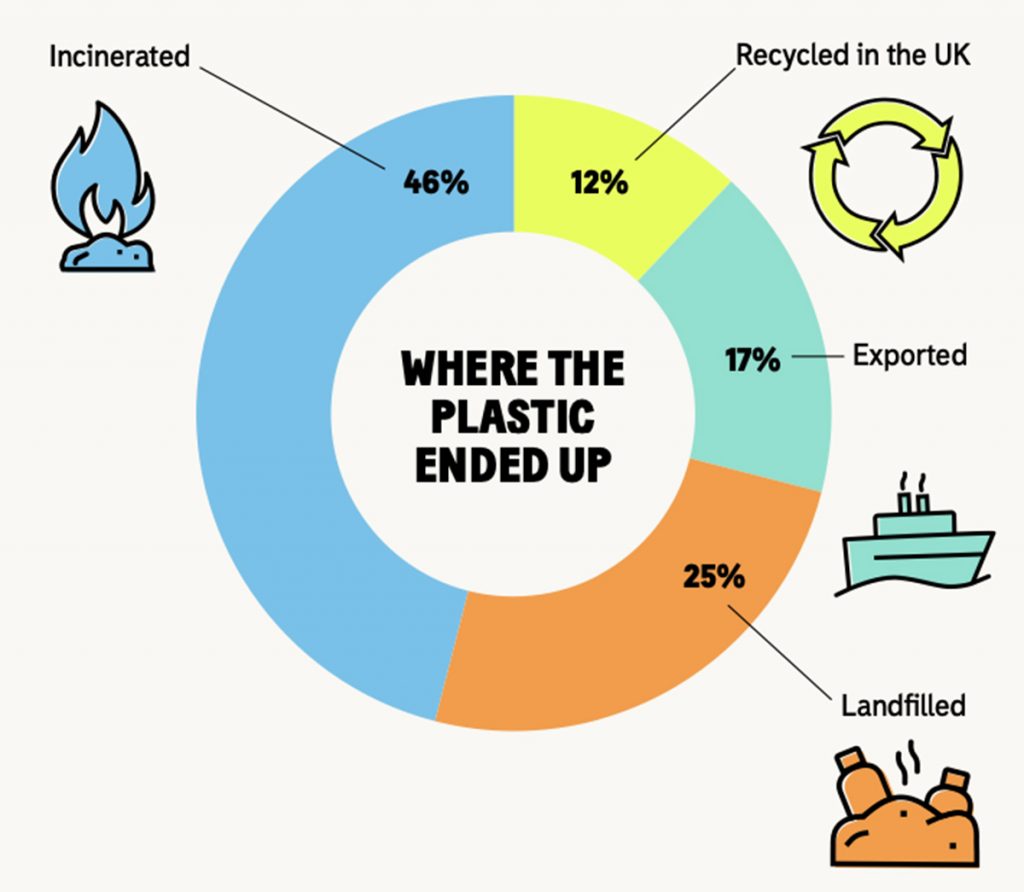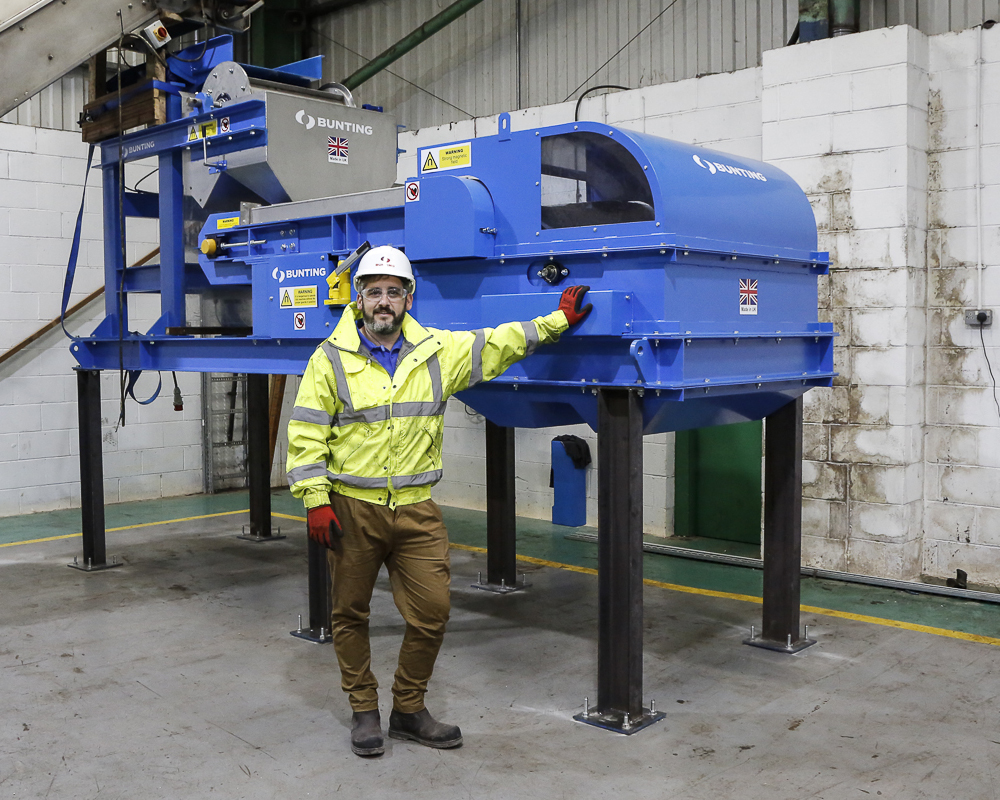The Plastic Waste Conundrum
By Paul Fears | 12 September 2022
The ever-increasing global concern about plastic pollution and the environmental impact of unrecycled plastic is forcing many industries to rethink their packaging. Consumers are actively seeking more sustainable packaging for their groceries or personal care products. Brands of all sizes are implementing strategies to reduce or replace plastic packaging, driven by the expectations of their customers. And the drive towards eventually eliminating single-use plastics continues to gather pace.
Plastics in Our Oceans
In 2022, the United Nations Environment Assembly agreed to create a global treaty to end plastic pollution. The UN aims to reduce the volume of plastics entering oceans by over 80% by 2040. The environmental concerns about plastics entering the food chain are driving the change needed to reach that target.
Major incidents like large plastic spills in Hong Kong (2012) or in Sri Lanka in May 2021 highlight the effects of plastic pollution. The fire and subsequent sinking of the X-Press Pearl off the coast of Colombo, Sri Lanka, resulted in over 1,680 tonnes of chemicals and nurdles (plastic pellets) being spilled in the ocean. Despite almost a year of clean-up efforts, Sri Lanka’s beaches remain littered with millions of these nurdles.

Effectively Managing Plastic Waste
Driven by consumers, businesses want to take action to address plastic pollution. In 2018, Forbes stated that 88% of UK and USA consumers want businesses to improve their environmental footprint. Change is happening. Big brands like Coca Cola and Heinz have switched their plastic shrink-wrap to cardboard for the multipack cans. Sprite bottles have changed from green to clear plastic to make it easier to recycle and there is less plastic per bottle. Supermarkets are also taking direct action, with Aldi removing the shrink wrap plastic from beans and sweetcorn. The change does not stop at foodstuffs with Tesco and Holland and Barrett banning the sale of baby and wet wipes containing plastic.
Recycling Plastic Waste Benefits
The recycling of plastic waste has many environmental benefits. Using recycled plastic in the production of plastic containers requires less energy than producing virgin plastics, reducing the CO2 footprint and reducing the use of oil (British Plastics Federation).
However, the magnitude of the challenge should not be underestimated.
According to the Greenpeace The Big Plastic Count from May 2022, the average UK household throws away an estimated 3,432 pieces of plastic a year. Of all plastic waste only 12% is likely to be recycled. 83% of the plastic counted was food and drink packaging for fruit and vegetables, snacks (e.g. crisp bags), and wrappers. Soft plastics and film remain difficult to recycle with only 13% of local authorities collecting such plastic waste and, even then, collection is often limited to a small number of soft plastic items.

In contrast to the Greenpeace statistics on plastic household waste, the UK’s Department for Environment, Food and Rural Affairs state that over 44% of plastic packaging waste is recycled (UK, 2021)
The discrepancy in reported data highlights the challenges of finding a solution to the problem of plastic waste. Campaigns like Plastic Free July and the UK’s Recycle Week raise awareness, encouraging consumers, and businesses to use less single use plastic and increase recycling rates.
Technological Solutions
Successful plastic waste recycling requires the removal of non-plastic waste such as metal. Bunting is working with many recycling companies and installing Magnetic Separators, Eddy Current Separators, Metal Detectors, and ElectroStatic Separators to remove ferrous and non-ferrous metal contamination.
In one recent project for HML Recycling, Bunting supplied a Metal Separation Module (incorporating a Vibratory Feeder, Drum Magnet and Eddy Current Separator) for the removal of aluminium from shredded plastic perfume bottle tops. This is just one example of many new projects focused on recycling plastic waste that would have ended up in landfill.

With open engagement between the plastic producers, business users, consumers, and the recyclers, there can be a reduction in the amount of plastic waste produced and an increase in the amount recycled.
Related Recycling Articles
- HML Recycling Operate Bunting Magnetic Separators
- Parry & Evans Recover Metal with Bunting Magnetic Separators
For further information on Magnetic Separators, Eddy Current Separators, and ElectroStatic Separators for metal separation in recycling applications or to discuss a specific project including undertaking tests in our Customer Experience Centre, please contact our technical sales team on:
Email: Gordon Kerr at GKerr@buntingmagnetics.com
Telephone: +44 (0) 1527 65858
Follow us on social media